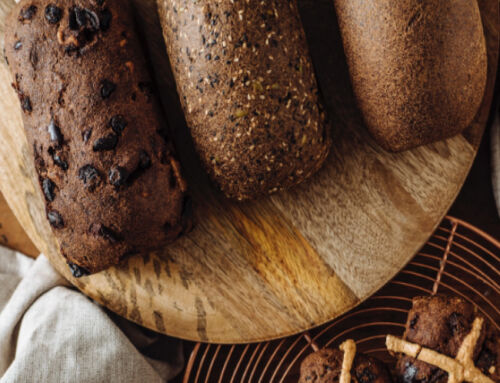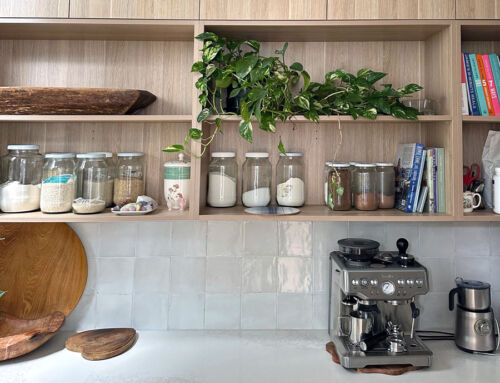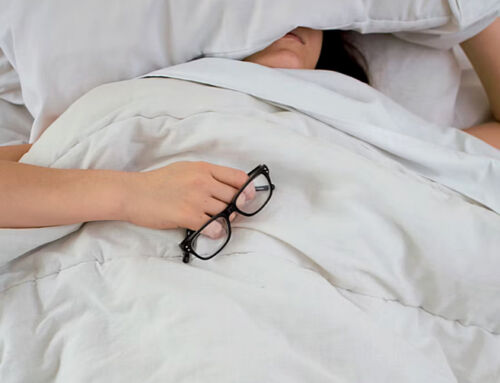Understanding Anxiety: More than a feeling
Understanding Anxiety: More than a feeling
Twenty years ago, if you went to the doctor and said you were feeling ‘stressed’, you would have been turned away and told ‘There’s no such thing’.
More recently, the World Health Organisation has released figures that show our failure to tackle depression and anxiety is costing the world nearly $1 trillion a year in lost productivity and causing “an enormous amount of human misery”.
Finally, our health system is beginning to recognise that anxiety is more than just feeling stressed or worried. Everyone has these feelings from time to time, but when they don’t go away, it becomes a serious condition that makes it difficult to cope with daily life.
How do you know if you have anxiety?
Anxiety doesn’t just set in overnight. The symptoms can often develop gradually over time, so that you might not even realise how bad things have become.
There are actually a variety of anxiety disorders, each with its own set of symptoms, but there are some general signs to look out for. Feeling an excessive amount of fear and worry, a sense of dread, catastrophizing or obsessive thinking, and even avoiding situations that make you feel anxious. The key difference between feeling a bit anxious and anxiety is that these symptoms persist to the point of becoming debilitating.
Types of anxiety include:
- Generalised Anxiety Disorder (GAD) – feeling anxious on most days and excessively worried for a period of six months or more.
- Panic Disorder – experiencing intense and overwhelming panic attacks, with uncontrollable feelings of anxiety combined with shortness of breath, heart palpitations, chest pain and other physical symptoms.
- Social Anxiety Disorder – experiencing an intense fear of being criticized, embarrassed or humiliated.
- Specific Phobias – feeling fearful about a particular object or situation. You may even go to great lengths to avoid this situation, eg. flying.
- Obsessive Compulsive Disorder (OCD) – ongoing unwanted or intrusive thoughts or fears that cause anxiety. For example, you may relieve your anxiety about germs by carrying out rituals like constant hand washing.
- Post Traumatic Stress Disorder (PTSD) – after a traumatic event, experiencing difficulty relaxing, upsetting dreams or flashbacks.
Children can also experience their own forms of anxiety, like Separation Anxiety and Selective Mutism.
What causes anxiety?
There is no single cause of anxiety, but rather a number of risk factors that increase your chances of developing this condition.
These include:
- Biochemical factors – if you have a family history of mental health conditions, you may be predisposed to developing anxiety.
- Personality traits – if you tend to be a perfectionist, easily flustered, timid, lacking self-esteem or want to control everything, you have an increased chance of developing anxiety.
- Unrelenting stress in your daily life – anxiety can be triggered by ongoing stressful life events, like work stress, changes in relationships, pregnancy, family problems, major emotional shock, loss of a loved one and more.
- Chronic physical illness – conditions like diabetes, asthma, thyroid problems, hypertension and heart disease can contribute to anxiety conditions.
- Pyrrole Disorder – this condition results in a chronic deficiency in Zinc and B6 and greatly increases your risk of developing anxiety. It runs in families and affects up to 10 per cent of the population. Pyrrole Disorder is common in children with anxiety, autism and learning difficulties. It is diagnosed with a simple urine test and can be easily treated, often with great results.
- Substance abuse – some people use substances like alcohol to mask their symptoms of anxiety, to the point where they may not even realise they have a problem.
What can you do about it?
The first thing to do is to get diagnosed by your GP, psychologist or psychiatrist.
Once you know you have anxiety, there are a number of proven natural treatments that can help you reduce and manage symptoms and get on top of the condition.
My top 5 natural supplements for anxiety are:
- Kava has been shown to significantly reduce the symptoms of people suffering from Generalised Anxiety Disorders.
- Magnesium
- B Complex
- Zinc
- Fish Oil
My top 5 lifestyle changes for anxiety are:
- Learning to meditate – relaxing your mind is difficult when you have anxiety, but practice makes perfect. I recommend trying out some of the free phone apps available like Smiling Mind, or the ABC’s Life Matters has free meditations.
- Healthy sleep patterns – not only do you need eight hours sleep, you also need to get to bed before 11pm at night to allow your adrenal glands to replenish. You should also try to sleep in to 9am on the weekend to reap the full benefits of regenerative sleep (when your schedule allows it, of course).
- Exercise – 30 minutes a day, 5 days a week of medium intensity exercise is all you need to normailse the levels of cortisol, insulin, blood glucose and other hormones. It also puts more oxygen into your brain and gets your endorphins going – all things that are great for anxiety-sufferers.
- Eating a wholefood, low-GI, low-inflammatory diet
- Reducing the burdens on your body – fixing leaky gut, reducing toxins and liver stress, avoiding food allergies and intolerances, and treating chronic infections. All of these things increase the stress on your body, and can even be the underlying cause of your condition.
Take the anxiety and stress questionnaire here
If you have any more questions, you can call us to book a FREE 15 minute chat with one of our Naturopaths to see how we can help you. Call now on (02) 4961 4075.
Yours in health,
Peter Mullen
Do you want to get your anxiety under control and start feeling yourself again?
Click here to download our free guide on the naturopathic approach to treating anxiety, including super foods to enjoy, lifestyle and exercise advice, and supplements that can help.




